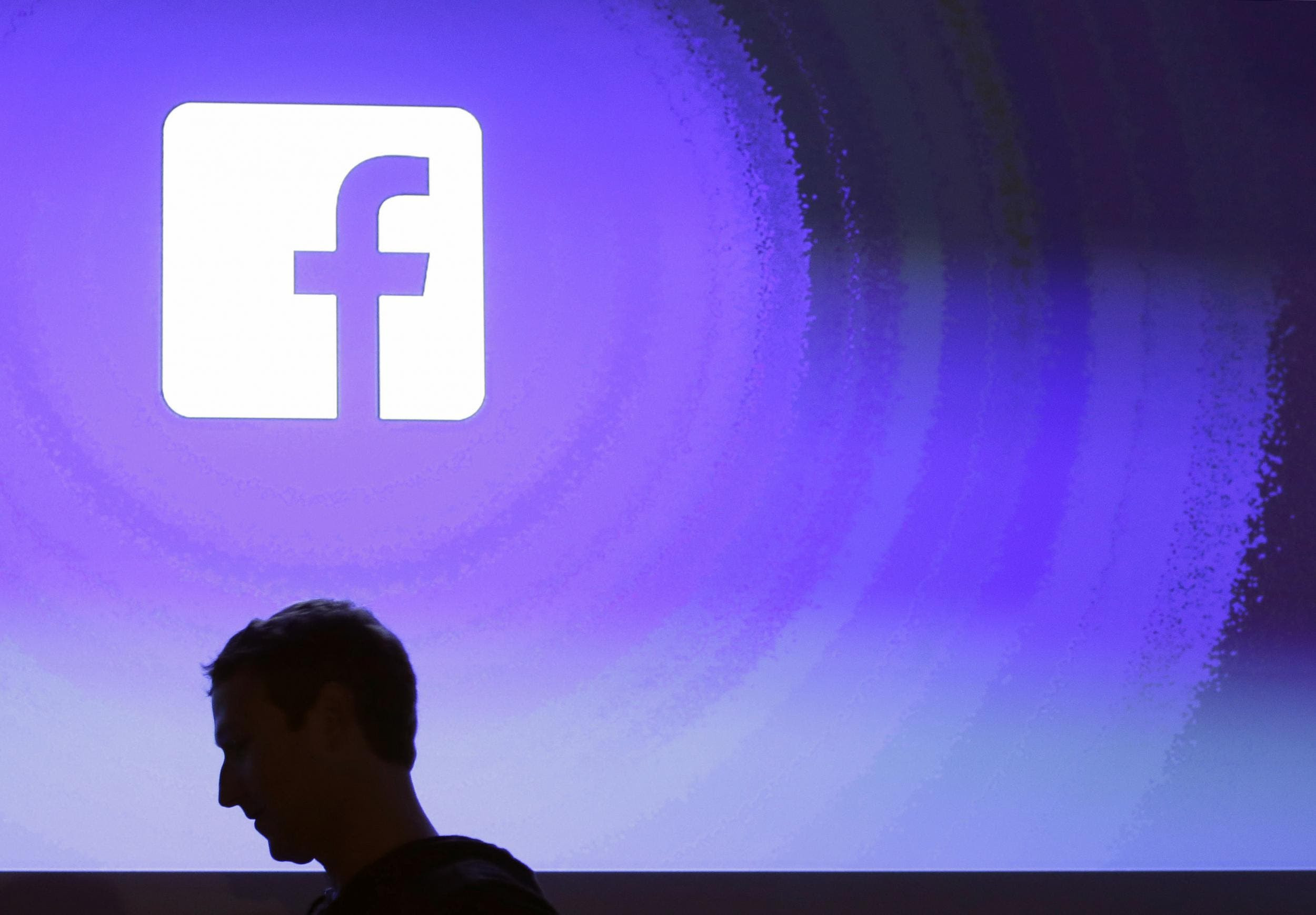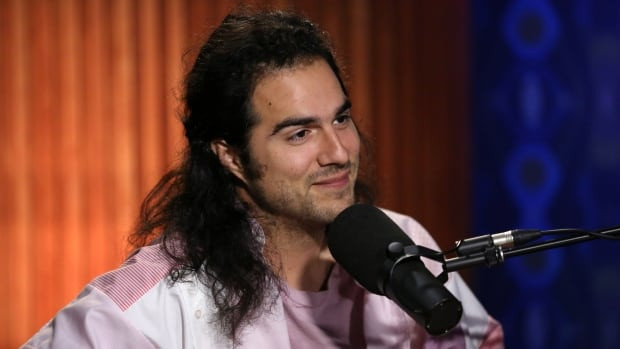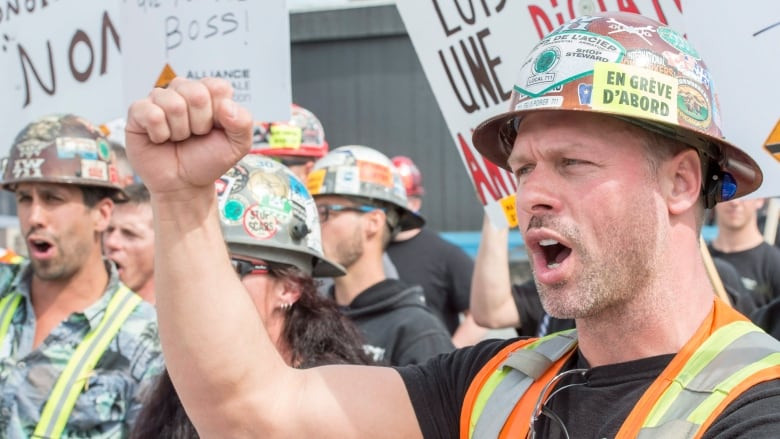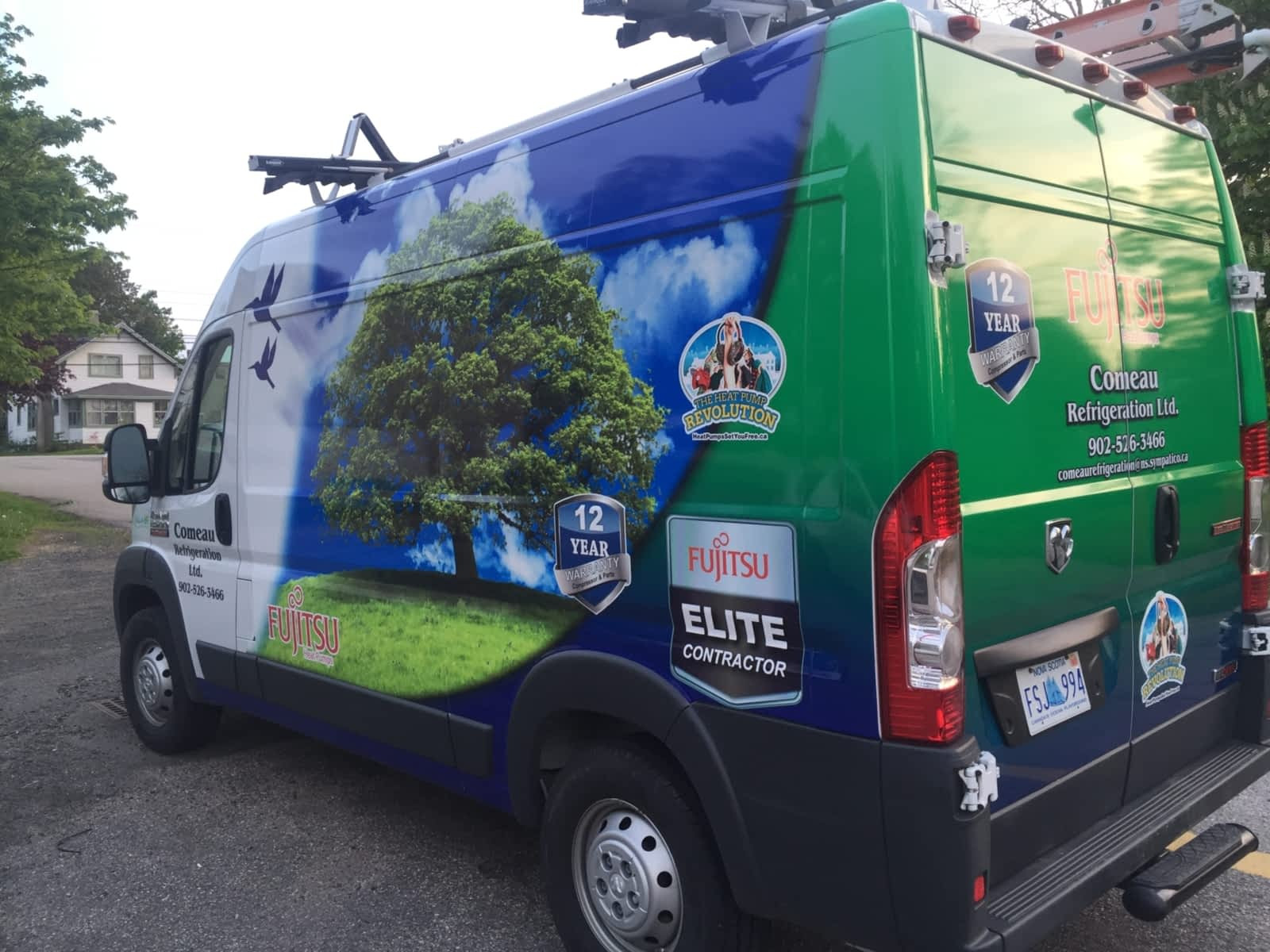Meta CEO Mark Zuckerberg has accused the Biden administration of pressuring Facebook to censor content related to the COVID-19 pandemic, adding that he regrets some of the decisions taken in relation to the U.S. government's requests.
In a letter to the Republican-led House Judiciary Committee, Zuckerberg alleged that senior Biden administration officials, including those from the White House, “repeatedly pressured” Facebook for months to take down “certain COVID-19 content including humor and satire.”
He said the officials “expressed a lot of frustration” when the company didn’t agree.
“I believe the government pressure was wrong and I regret that we were not more outspoken about it,” Zuckerberg wrote in the letter dated Aug. 26 and posted on the committee’s Facebook page and to its account on X.
The letter is the latest repudiation by Zuckerberg of efforts to target misinformation around the coronavirus pandemic during and after the 2020 presidential election, particularly as allegations have emerged that some posts were deleted or restricted wrongly.
“I also think we made some choices that, with the benefit of hindsight and new information, we wouldn’t make today,” he said, without elaborating. “We’re ready to push back if something like this happens again.”
Biden Administration's Response
“Our position has been clear and consistent: we believe tech companies and other private actors should take into account the effects their actions have on the American people, while making independent choices about the information they present.”
The White House also noted that the Biden administration had repeatedly encouraged tech companies to take action against COVID-19 misinformation and had spoken out publicly about the need for greater transparency and accountability in content moderation. In July 2021, President Biden said social media platforms were “killing people” with COVID-19 misinformation. Though Biden later walked back his statement, he maintained that Facebook was allowing the spread of misinformation.
The Context of Censorship
Experts warn that this year’s U.S. election could be swamped by misinformation on social media with the proliferation of artificial intelligence and other tools to produce false news stories and content that could mislead voters. Zuckerberg’s letter highlights the increasing concerns about the role of social media platforms in shaping public discourse, particularly during times of crisis.
The debate about censorship and misinformation has become increasingly politicized, with both Democrats and Republicans accusing the other side of trying to silence dissenting voices. This has led to a climate of distrust and suspicion, which has made it more difficult for people to discern fact from fiction.
Facebook's Response to the Pandemic
Facebook, in early 2021, appended what Zuckerberg called labels with “credible information” to posts about COVID-19 vaccines. This came after the company, in April 2020, began warning users who shared misinformation about COVID-19, as the virus had led to global shutdowns and radical changes in everyday life.
In February 2021, Facebook updated its policy on COVID content. It published a statement, saying it was expanding “the list of false claims we will remove to include additional debunked claims about the coronavirus and vaccines” after consulting leading health bodies, including the World Health Organization (WHO).
Under this policy, Facebook took down posts claiming that COVID-19 was a man-made virus, manufactured and leaked from a lab in China’s Wuhan. Amid speculation of how COVID originated, some scientists said the lab leak theory deserved further investigation, while many others debunked it.
In February 2023, The Wall Street Journal acquired a classified report from the US Department of Energy stating the virus was probably the result of a leak from a lab. In March 2023, FBI Director Christopher Wray said his agency assessed that a lab leak from Wuhan was likely the cause of the outbreak. These revelations bolstered the argument of those who said the initial censorship had been wrong.
Content that suggested that vaccines were not safe was also pulled down. Meta said more than 20 million posts were removed from Facebook and Instagram, another social media site owned by it, between the beginning of the pandemic and the summer of 2021.
It also added warning labels on more than 190 million posts about the virus that third-party fact-checkers had flagged as false or lacking context.
Zuckerberg's Concerns About the FBI
After talking about government pressure to censor COVID-19 content, Zuckerberg’s letter suggested that security agencies also tried to influence Facebook’s policies on a political bombshell story.
“The FBI warned us about a potential Russian disinformation operation about the Biden family and Burisma in the lead up to the 2020 election,” Zuckerberg said.
This alludes to Biden’s son, Hunter Biden, who was a board member of Ukrainian gas company Burisma. It was reported in 2020 that the younger Biden asked the US government for assistance on behalf of the company while his father was vice president and that evidence for this was found on Hunter Biden’s laptop, which he left at a repair store in Delaware in April 2019.
In 2020, Trump was in power. But the Republican flag-bearer and some of his supporters have long alleged a “deep state” plot to hurt him politically, though they have yet to present any evidence.
Zuckerberg wrote in the letter that, because of the FBI warning, he “demoted” the news story while waiting for it to be fact-checked. Meta describes the demotion of stories as a practice through which its algorithm reduces a story’s distribution on the feeds of consumers. The billionaire expressed regret about this too.
He added that he has revised policies to ensure this does not happen again and that Meta no longer demotes stories while awaiting fact-checking.
Zuckerberg's New Stance
Zuckerberg said he would no longer donate money to widen election access for voters through the Chan Zuckerberg Initiative, the company that runs the philanthropy for him and his wife, Priscilla Chan.
The couple previously donated $400 million to help local election offices prepare for voters in the 2020 presidential election, with funds used for protective equipment to prevent the spread of the coronavirus at polling sites, drive-thru voting locations and equipment to process mail ballots.
“I know that some people believe this work benefited one party over the other” despite analyses showing otherwise, he said. “My goal is to be neutral and not play a role one way or another — or to even appear to be playing a role. So I don’t plan on making a similar contribution this cycle.”
Zuckerberg’s letter is likely to further fuel the ongoing debate about free speech, censorship, and the role of social media in the upcoming election. As we approach the 2024 presidential election, it is important to remember that social media platforms play a crucial role in shaping public opinion and can influence the outcome of elections. It is vital to approach information shared on these platforms with a critical eye and to seek out diverse perspectives in order to form well-informed opinions.

















